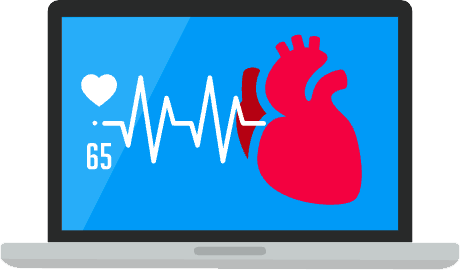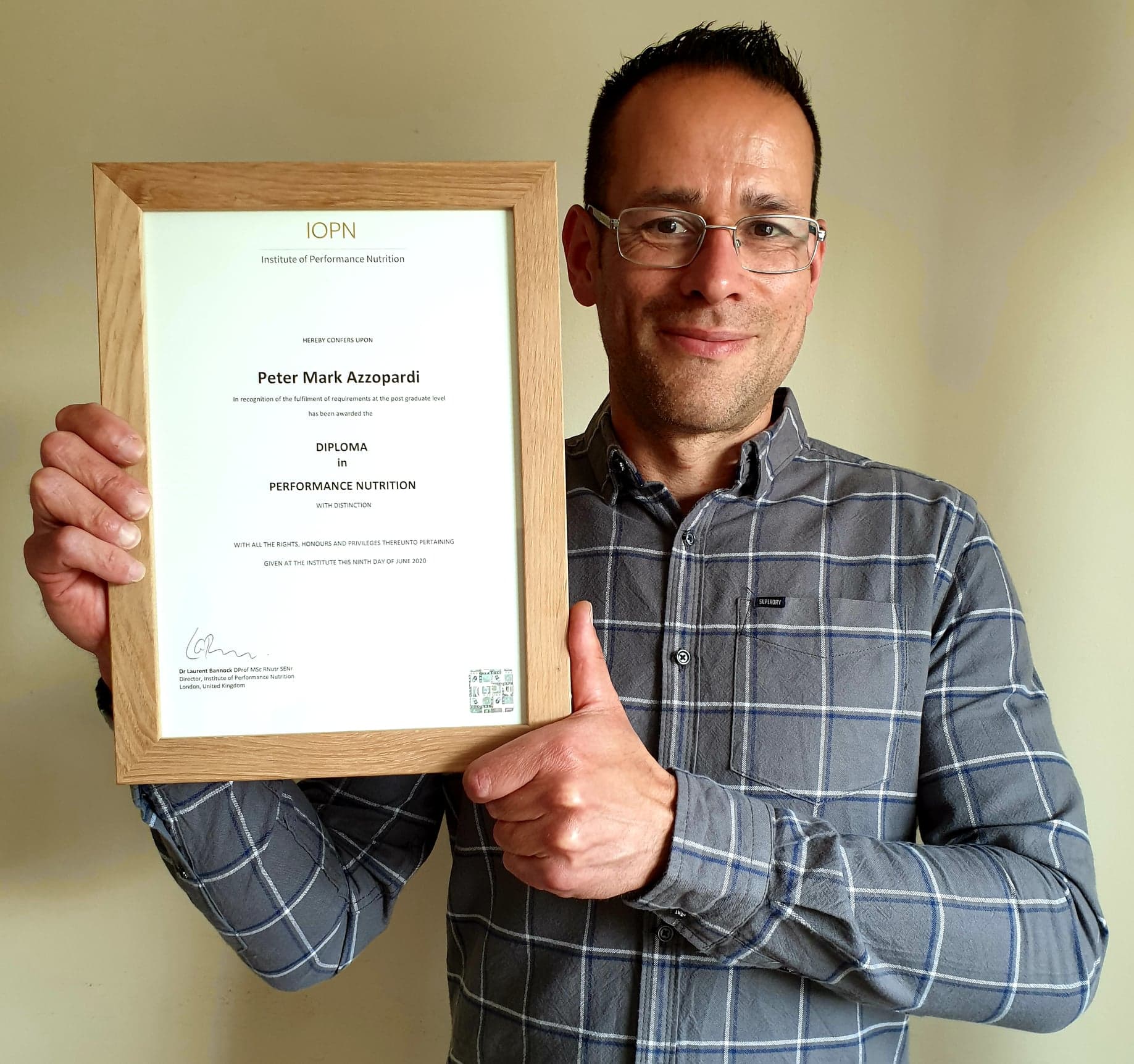Institute of Performance Nutrition
Course Modules
Find out the topics you’ll study in each module, the practical
skills you’ll learn and the world-class lecturers who will
guide you on your learning journey.
Module 1: Human nutrition and exercise metabolism
This module aims to provide students with a thorough overview of the fundamental theory of the relevant elements of exercise physiology, exercise metabolism and human nutrition and its practical translation to working with recreational and professional athletes and team sports in practice.


Nutrients and recommended intakes [±14 hrs study time]

Healthful diets and sustainable eating [±10 hrs study time]

Skeletal muscle: structure, function, plasticity [±16 hrs study time]

Skeletal muscle energy metabolism during exercise [±16 hrs study time]

Nutrition and fatigue [±8 hrs study time]

Energy [±11 hrs study time]
Learning outcomes
Upon successful completion of this module, students should be able to:

